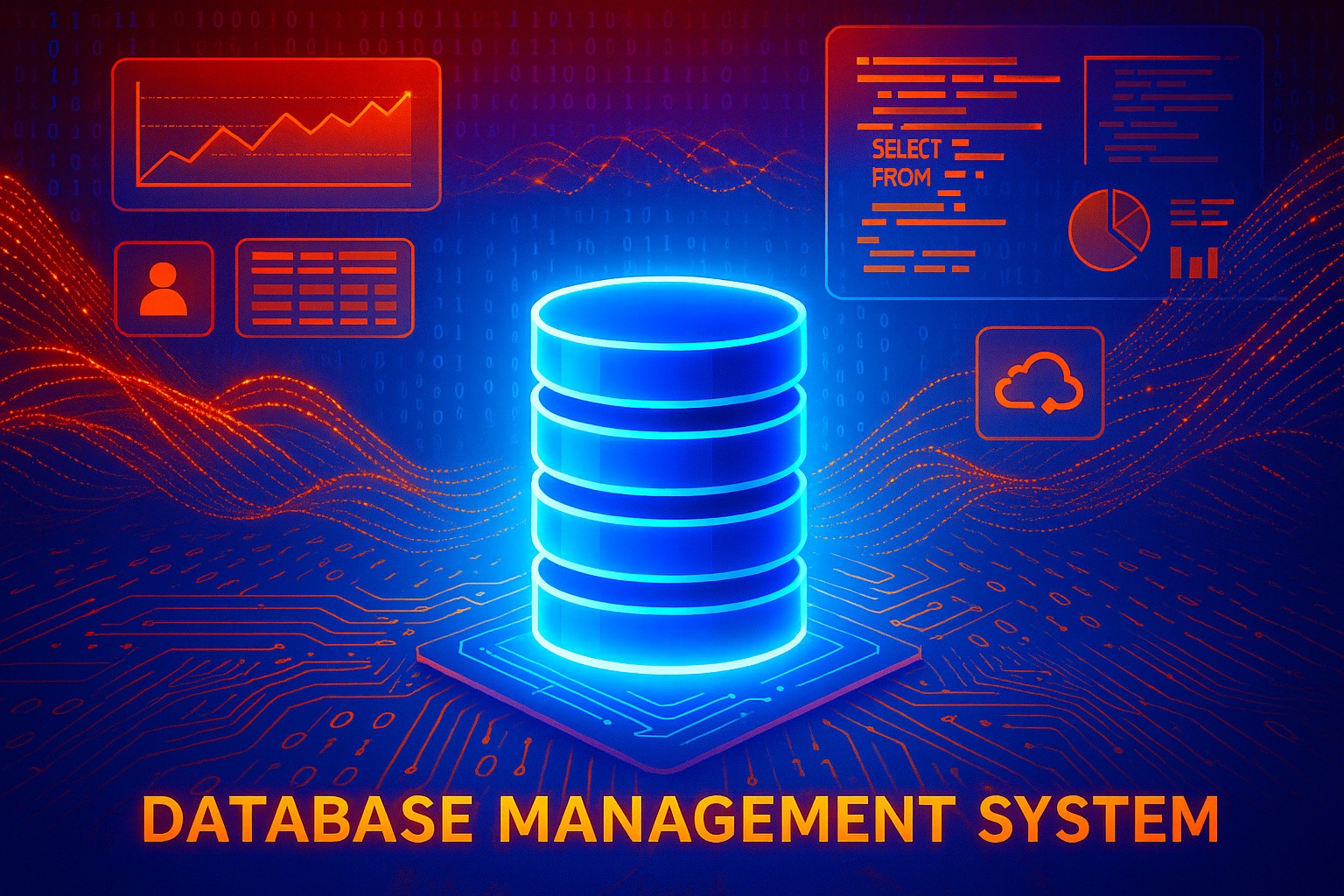About This Course
Database Management Systems (DBMS) offers learners a solid foundation in the core principles of managing and organizing data. With a strong emphasis on relational database systems, the course covers essential topics such as the basic concepts of DBMS, the Entity-Relationship (ER) model, relational database design, and Structured Query Language (SQL). It also explores physical data organization, normalization techniques, and transaction processing. In addition, learners are introduced to emerging alternatives like NoSQL databases, providing a broader perspective on data management. Through this course, participants will gain the knowledge and skills necessary to design, implement, and manage efficient database systems and develop real-world applications that leverage modern database technologies.
Requirements
NIL
Syllabus
Module 1: Introduction & Entity Relationship (ER) Model Concept & Overview of Database Management Systems (DBMS) - Characteristics of Database system, Database Users. Data Models and Schema - Three Schema architecture. Database Languages. ER model - Basic concepts, entity set & attributes, notations, Relationships and constraints, cardinality, participation, notations, weak entities.
Module 2: Relational Model Structure of Relational Databases - Integrity Constraints, Synthesizing ER diagram to relational schema. Introduction to Structured Query Language (SQL), Data Definition Language (DDL), Table definitions and operations – CREATE, DROP, ALTER, SQL data types.
Module 3: SQL DML (Data Manipulation Language), Physical Data Organization SQL DML (Data Manipulation Language) - INSERT, DELETE, UPDATE , SQL queries on single and multiple tables, Nested queries, Aggregation and grouping, Views. Physical Data Organization - Review of terms: physical and logical records, blocking factor. Indexing, Singe level indices, numerical examples, Multi-level-indices, numerical examples.
Module 4: Normalization Different anomalies in designing a database, The idea of normalization, Functional dependency, Armstrong’s Axioms (proofs not required). First Normal Form (1NF), Second Normal Form (2NF), Third Normal Form (3NF), Boyce Codd Normal Form (BCNF). Lossless join and dependency preserving decomposition.
Module 5: Transactions, Concurrency and Recovery, Recent Topics Transaction Processing Concepts - overview of concurrency control, Transaction States, Desirable Properties of transactions. Serial schedules, Concurrent and Serializable Schedules, Conflict equivalence and conflict serializability. Introduction to NoSQL Databases, Main characteristics of Key-value DB (examples from:Redis), Document DB (examples from: MongoDB), MongoDB: MongoDB key features, MongoDB core server and Tools. Main characteristics of Column - Family DB (examples from: Cassandra) and Graph DB (examples from: ArangoDB)

